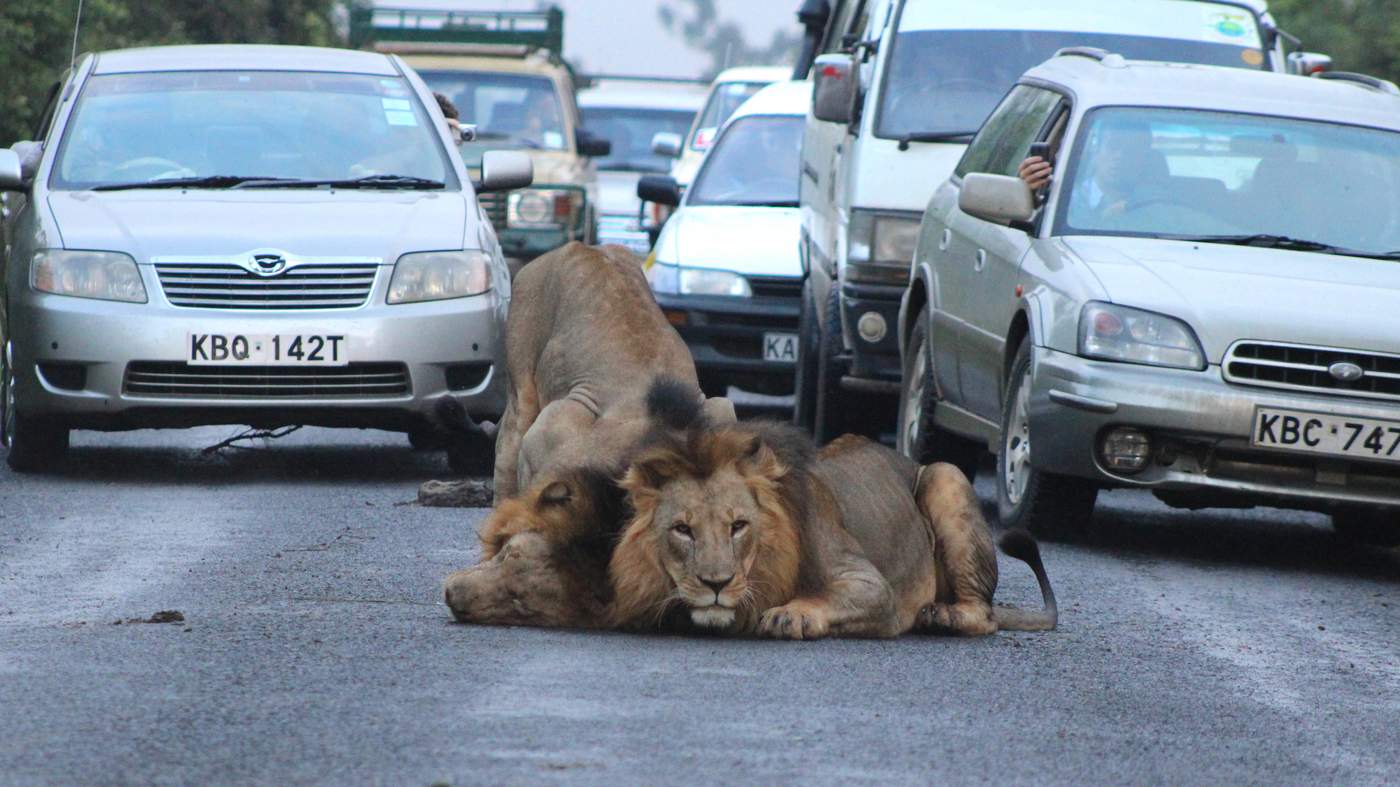Best Luxury Safaris is completely committed to not just protecting the existing wildlife in Africa, but on expanding it. We face two major challenges to which we have three solutions.
Two Problems
1) African's high fertility rates. In 2008, there were 1 billion Africans, by 2050, there will be 2.5 billion. In 2100, 4.4 billion.
When you quadruple the number of humans in a finite area, they will undoubtedly encroach on the natural habitats. Even in the unlikely event that all the four billion Africans urbanize, their need for food will require transforming wild spaces into farms. When that happens, wildlife will decline. Even in the highly unlikely event that Africans adopt a one-child policy, their rates of consumption (including their desire to eat meat) will continue to go up. In other words, one billion Africans in 2100 will consume far more than 1 billion Africans in 2020; future Africans will consume like Americans today (or more).
Fertility rates are decreasing throughout Africa, but just not fast enough to save the dwindling wildlife habitats. It will be hard to expand wildlife when the human population quadruples, but we must do everything we can to encourage Africans to live in high rises in dense cities so that urban sprawl doesn't encroach on the endangered wild lands.
 As human population increases, it encroaches on wild habitat and reduces the number of wild animals. (Credit: Gareth Jones)
As human population increases, it encroaches on wild habitat and reduces the number of wild animals. (Credit: Gareth Jones)
2. Poaching. Humans value large mammals highly. The rarer and more exotic the animal, the more value humans place on it. A chicken has modest value, but a lion has a high value. When you're poor and trying to feed your five children, it's tempting to kill a highly valued animal to maximize your revenue. The rarer the animal becomes (as its population dwindles), the more its value increases and the more tempting it is for Africans to kill it illegally.
Three Solutions
1. Best Luxury Safaris supports organizations that encourage family planning and make contraception available. We support urbanization, not sprawl. Humans should live vertically not horizontally. Eight billion humans could all live in Israel if we lived at the same density as Hong Kong. That would mean the rest of the world (outside of Israel) would be one big park. Let's discourage reproduction to help the environment. If we can't get a global one-child policy, then let's at least pack ourselves in to give more space for the wildlife.
2. Paradoxically, luxury hunting is part of the solution to fighting poaching. When a client spends $100,000 on hunting a leopard, that money gets divided between the nearby community (to discourage them from poaching beasts in the backyards), the government to pay for hunting licenses (which encourages the government to protect areas that generate tax revenues), locals (who are paid to support the hunt), and toward anti-poaching efforts. Because we value the hunt so highly, the gains offset the loss of an animal. Remember, individual animals are not immortal - they will die at some point. It's much better to make a bunch of revenue from an old animal who will soon die than to make nothing and watch it die in the wild.
3. Offer anti-poaching safaris. If you want to have the maximum positive impact on protecting Africa's treasured wildlife, then go on one of our Anti-Poaching Safaris. These safaris are truly unique. You join the Best Luxury Safaris team as we go on patrol in the remote African bush to gauge the health of the creatures we protect. We take you behind the scenes so you can see what our anti-poaching units do to discourage poaching. Your safety is paramount, so don't worry about being caught in the crossfire. Still, we will make sure you get an authentic safari experience unlike any other.
How do you book an anti-poaching safari?
Just fill out our booking form and in the "Special Instructions" specify that you want to go on an anti-poaching safari. Our prices are also listed on the same page and apply to anti-poaching safaris. For example, if you want a semi-luxurious anti-poaching safari, then it will cost $499 per person, per day. Anti-poaching safaris are more expensive to operate than regular photographic safaris, but we keep the prices the same in order to encourage people to go on one.
